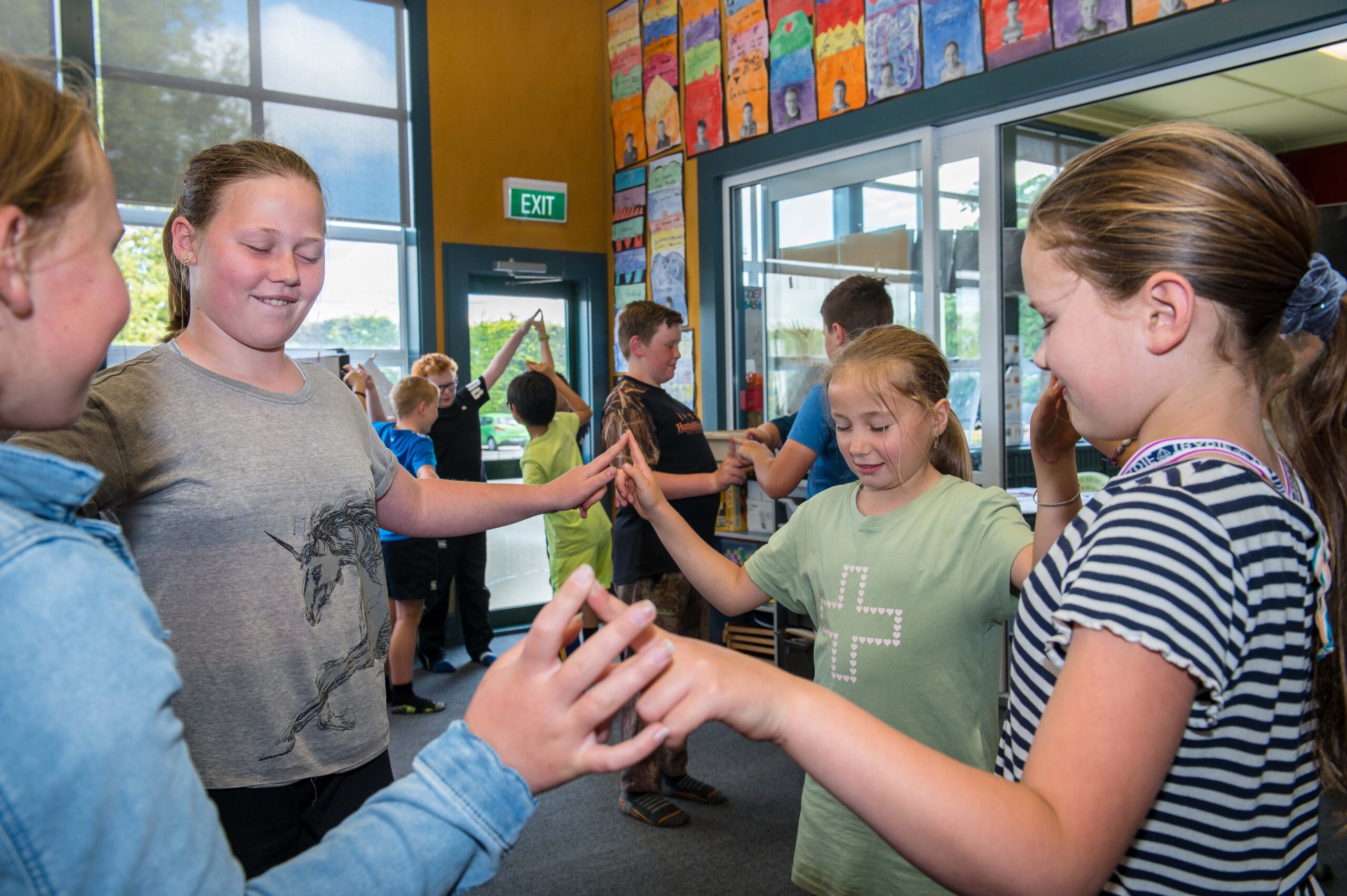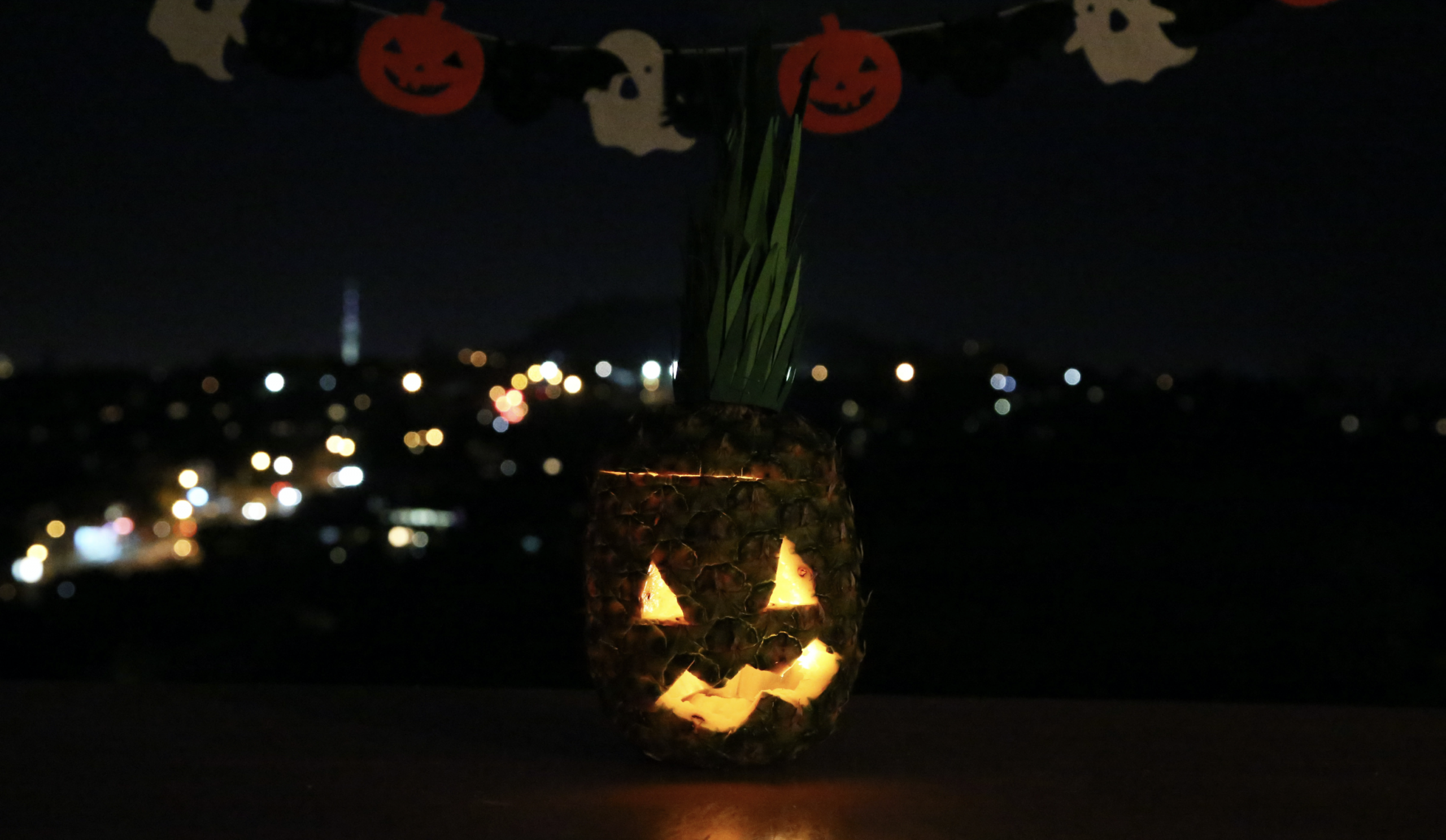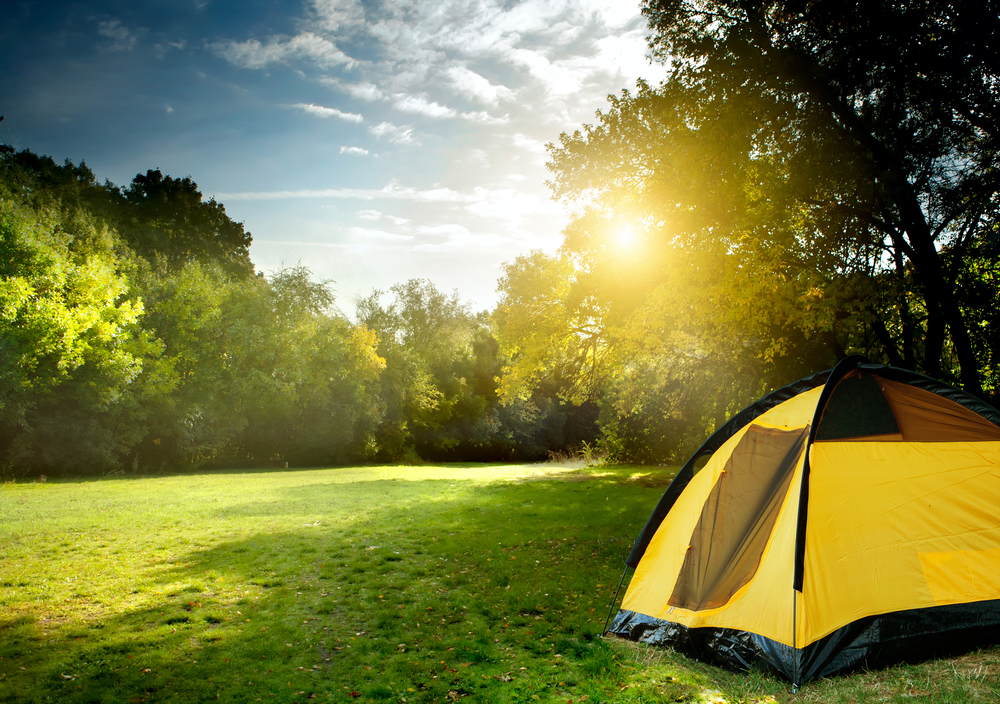Words by Natasha Rix
It’s been a busy start to the year and we’re all — adults and children — tired, ratty and ready for a break. As we approach the end of Term One, it’s worth considering ways to keep our composure and stay centred while juggling exhaustion, work, parenting, school and everything else.
As co-founder of the charity Pause Breathe Smile, I see everyday the benefits of adding a bit of mindfulness into your day. What is mindfulness? It’s a practice that helps us to stay in the moment, cultivate calm, build self-awareness and to relate positively to others. It’s about small, daily exercises that help you to be present, take a few mindful breaths, be aware of what you’re doing while you’re doing it, and learn how to stay centred in the midst of stressful feelings.
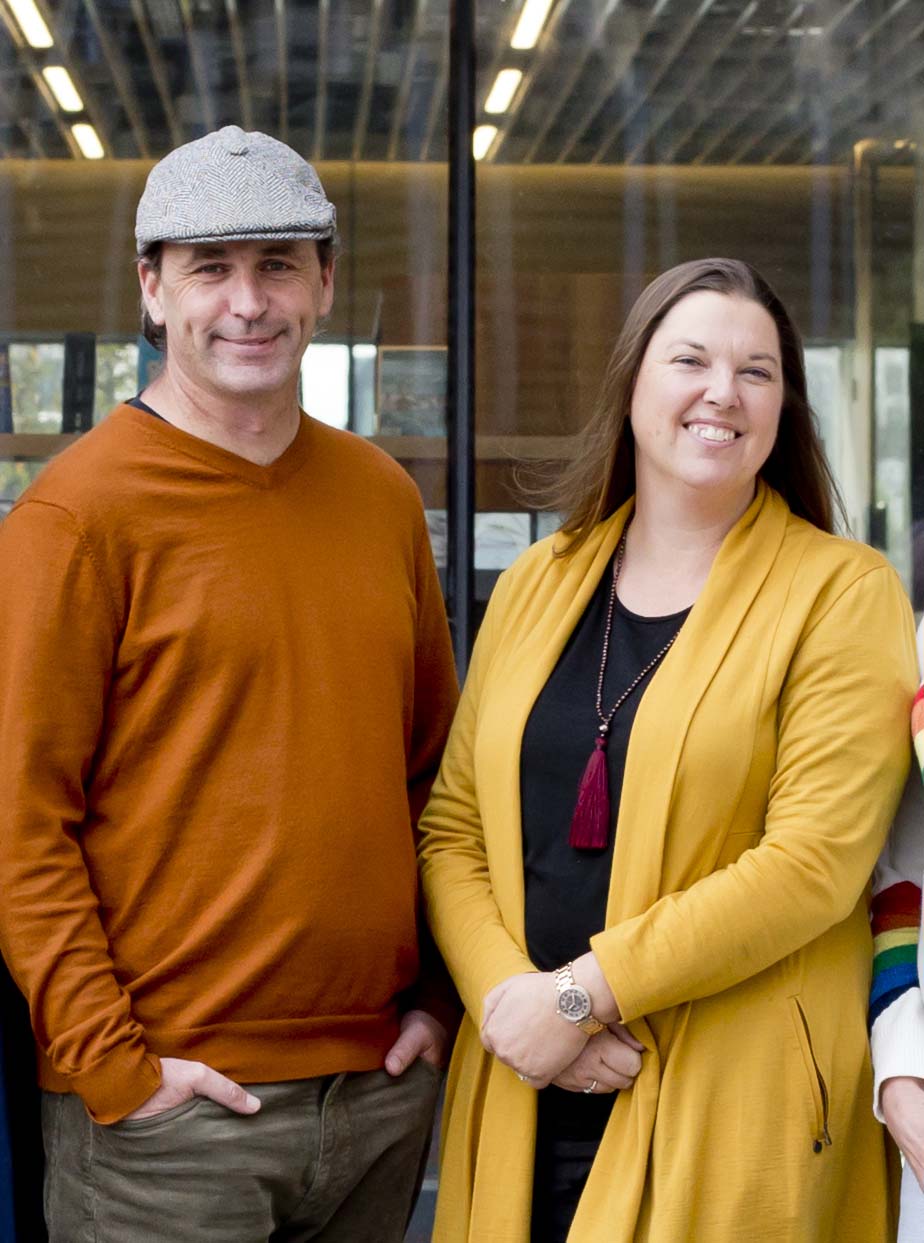
At Pause Breathe Smile we have helped more than 170,000 New Zealand children learn mindfulness exercises to manage their ups and downs. It’s necessary work: the Southern Cross 2024 Healthy Futures report found that 60% of Kiwi parents are concerned about how their children will cope with the pressures of life.
There are lots of practical ways to integrate mindfulness into your life, and to help your kids to be more mindful too. It’s best to practice these exercises regularly, so you build up resources that become part of your wellbeing toolbox. Calm the Farm, a children’s book about mindfulness by Sarah O’Sullivan, is a great resource too. Read on for some of my favourite stress relievers for the whole family.
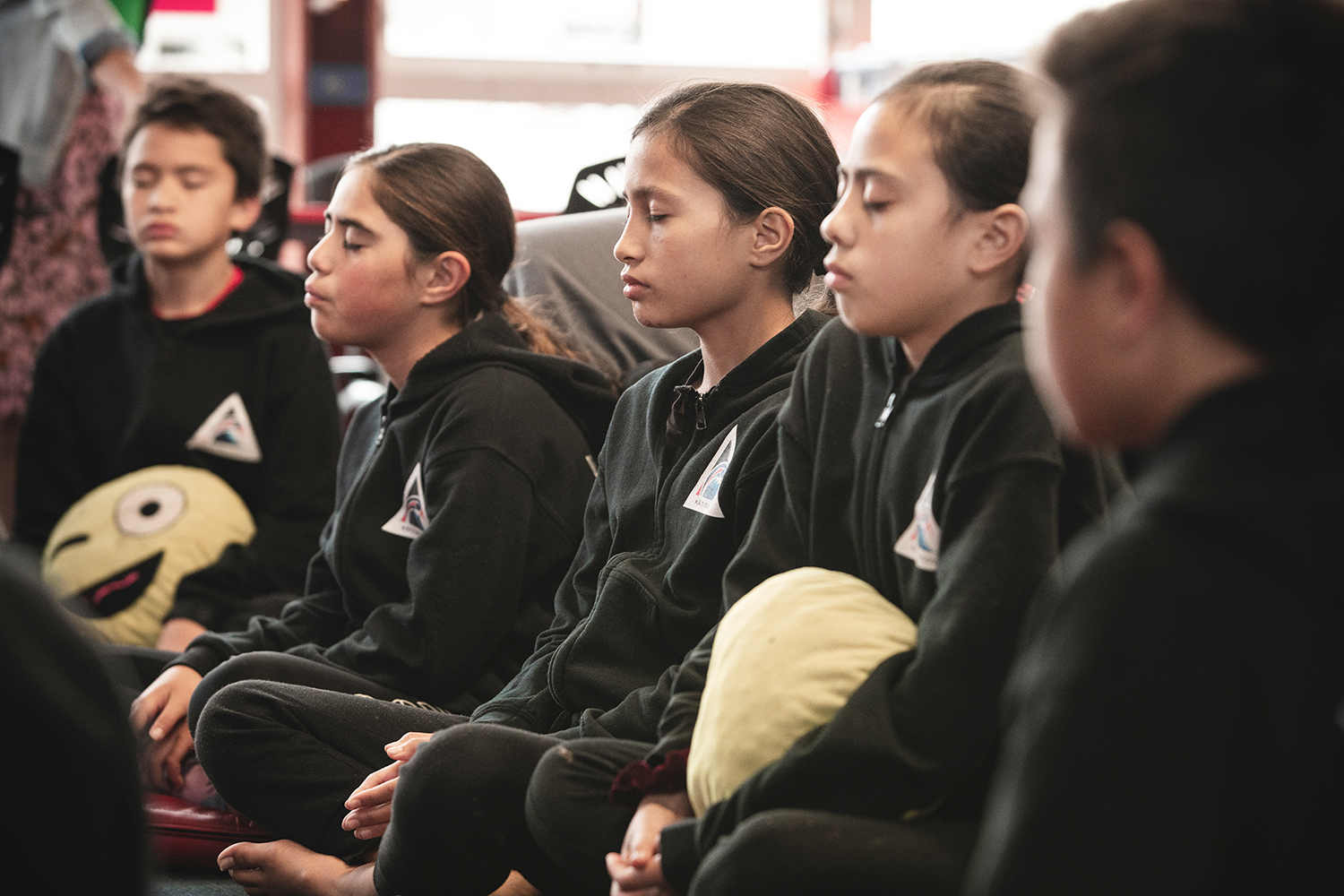
Take a breath
When we practice mindful breathing, we stimulate the Vagus nerve, which is part of our body’s self-calming system. To activate this, the whole family can try a Dropping Anchor meditation. Sit down, get comfy, close your eyes and feel the air coming in and coming out of your nostrils as the meditation plays.
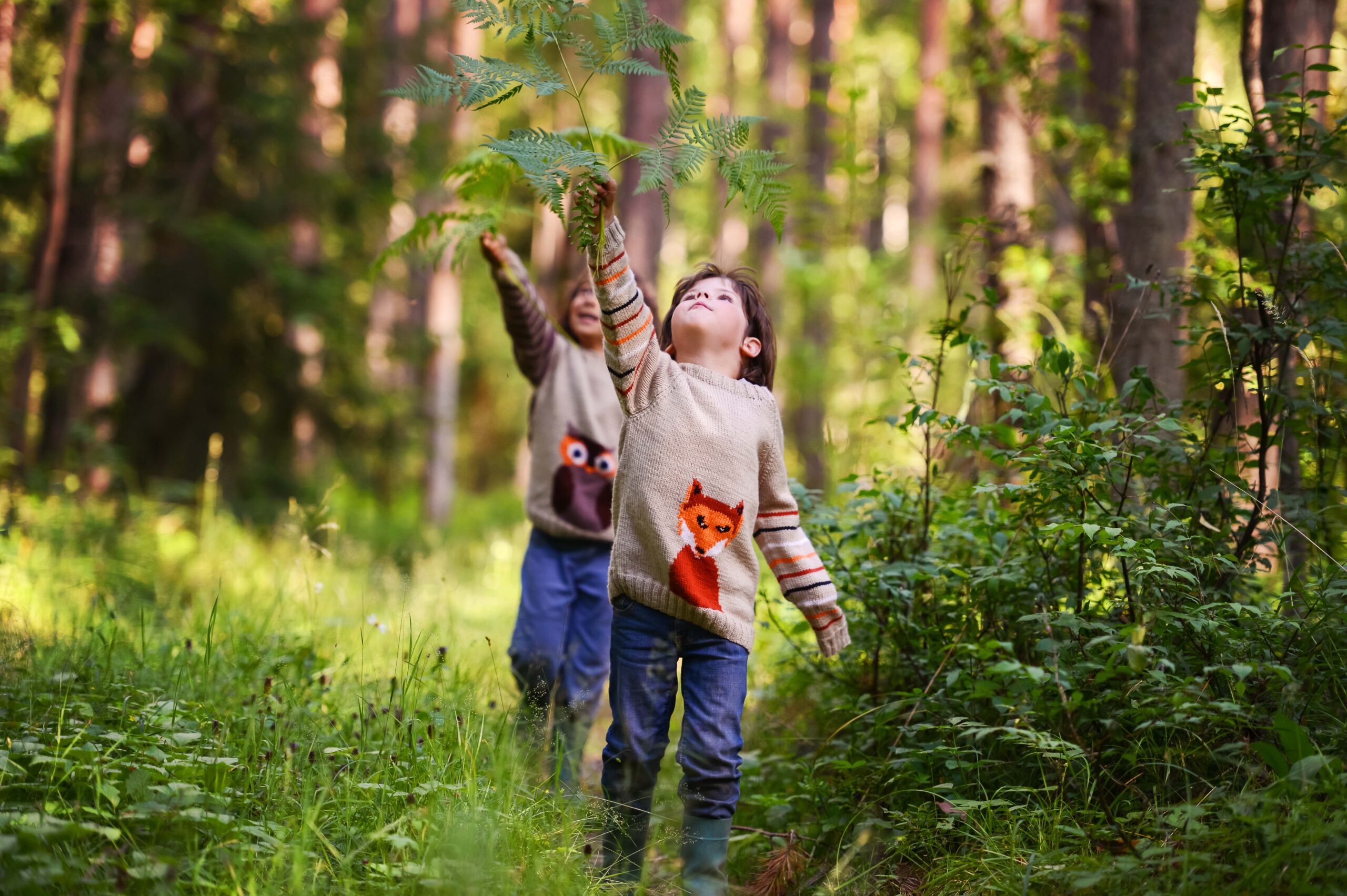
The benefits of nature
Try a ‘Take Notice’ walk in the garden, at the playground, beach or anywhere outdoors. Make a list of things to see, such as birds, shells, types of leaves. When someone finds something on the list, stop and talk about what it looks, smells and feels like. Just by being connected to nature in this way, you will lower anxiety levels for everyone in the whānau.
Cultivate kindness
When we’re run down or burnt out, we can push ourselves and be self-critical, instead of being kind to ourselves. That’s not helpful, as kindness to ourselves and others strengthens Vagal tone, which is associated with better physical and psychological health. When people are kind to others, their own wellbeing increases, so try some random acts of kindness — do something nice for somebody with no expectation of recognition or reward — and be kinder to yourself too.
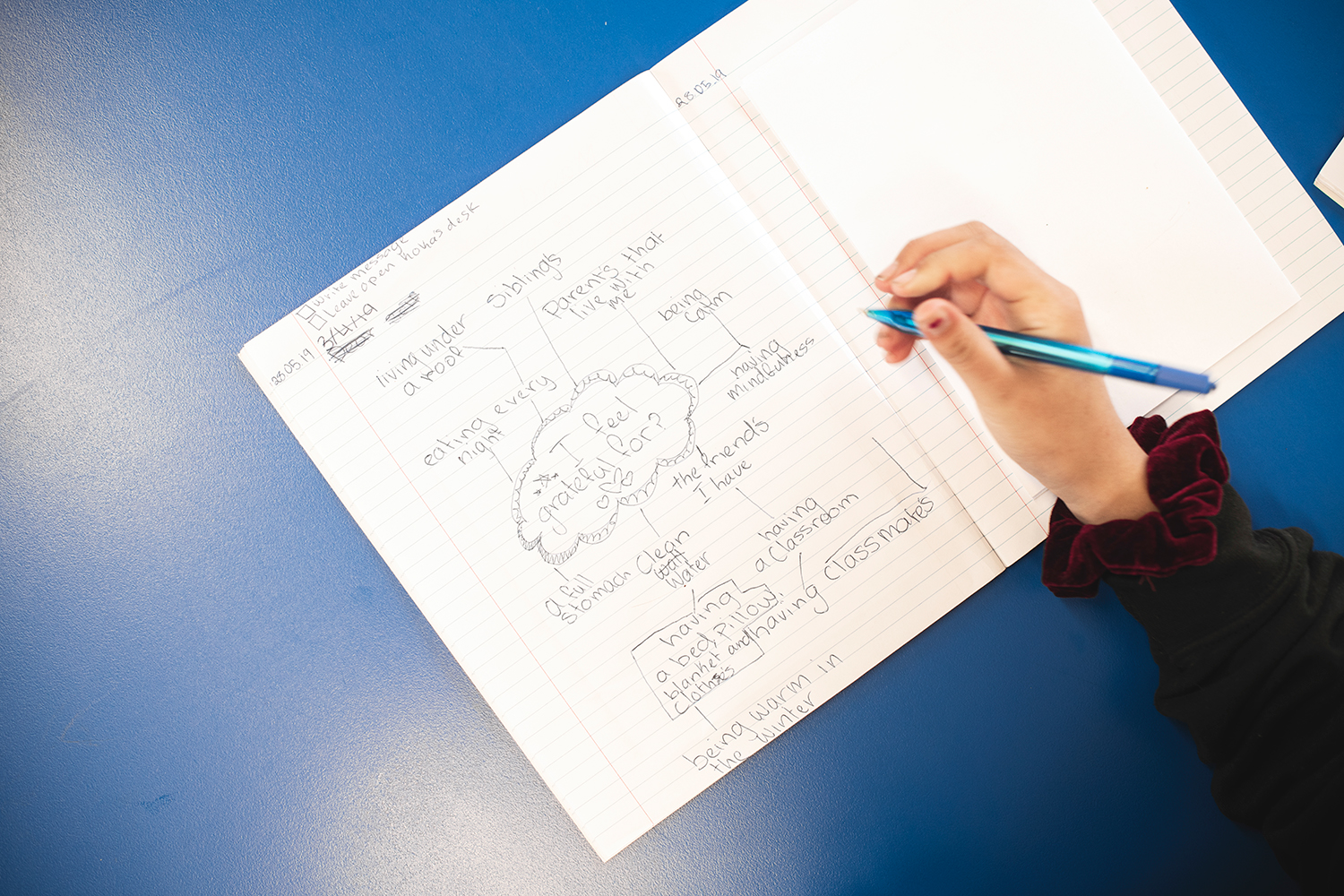
Gratitude
Like kindness, gratitude generates a more mindful attitude and balanced state of mind. In our family, we practice gratitude at dinner time, by going around the table and each saying something that we’re grateful for.
Get some sleep
We all know about good sleep hygiene — a warm shower or bath, downtime before bedtime, no devices in bed — and I recommend adding a sleep meditation to your routine too. The Before Sleep meditation is designed for children and helps them to settle down and let go of the stresses of the day. If you can, lie down with them for meditation and take the time out too!
*Natasha Rix is a co-founder of Pause Breathe Smile Charitable Trust, making mindfulness free for all primary and intermediate school children, thanks to the support of Southern Cross. You can download the free Pause Breathe Smile from the Apple App Store or Google Play store.
